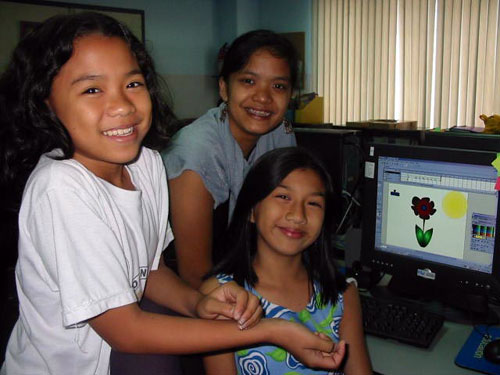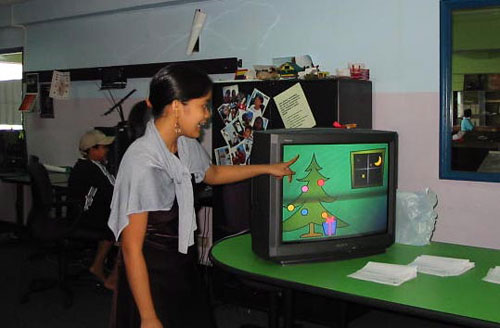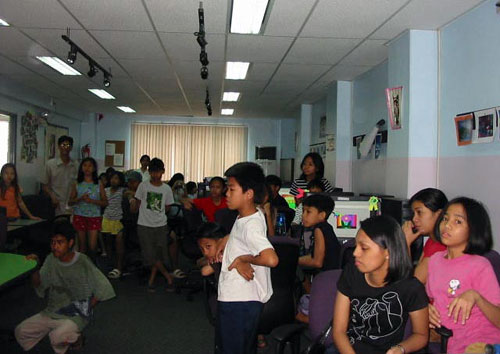Not many people know this about me, but I used to be a student social worker. Back in college, I tutored kids every weekend, guided freshmen in immersion trips whenever I didn’t have a class, and facilitated reflection sessions where the students discuss their experiences with various sectors in Metro Manila experiencing social injustice. It was a very illuminating experience, but best of all, those two years of regular interaction with the underprivileged made me realize that there is still hope—poverty is something even little people like us can battle.
I am horrible with economics and numbers. I’d probably make a terrible politician. But regardless of what most people think, it’s not only those in power can make a difference helping curb poverty. Each one of us can help—even through our own little ways.
If there’s another thing my stint as a social worker has taught me: it is through education little people like us can help.
I honestly don’t believe in hand-outs. Why? It’s temporary. So ok you give them food now. What about tomorrow? Where will they get the food? Beg again?

Me with the kids I taught in a Macromedia Flash seminar at the Ayala-Intel Multimedia Clubhouse (Makati) in 2003
Education can help people experiencing poverty transcend beyond their current situation. By teaching them a means of livelihood, you’re giving them an opportunity to rise from poverty and have a chance at a more comfortable life.
Kaingin, the student organization with which I was part of (facilitating trips and reflection sessions with freshmen were jobs I took on as a volunteer for Ateneo’s Office for Social Concern and Involvement), stood exactly for this. Our main thrust was “social justice through education.†The organization focused more on tutoring children, committing ourselves to help the kids getting a better chance at life by visiting their community every weekend and helped them read and writer better; understand math and science better.

Me teaching Makati kids Flash
The current state of the typical public elementary school education that we hear of isn’t just an exaggeration. There really aren’t enough classrooms for students. The student-teacher ratio really isn’t ideal. The books are out-of-date and need replacement, which students have to share on a desk that three students occupy (four if the children sharing are small and thin enough).
Yes, we can blame corruption for this. That’s probably one of the main causes why we’re in this situation—but I really wouldn’t know. As I have said, I totally suck at economics and I would rather make websites than write political essays. I’ll leave the analysis and propaganda to those learned in them. But, as I have said, even little people like us can do something—little things that can make a difference.

Kids listening
You don’t need to be a social worker to help. You can donate. Doesn’t need to be cash—school books and supplies are good bets. From what I remember, Kaingin used to collect old clothes for their yearly garage sale. The clothes are priced incredibly low, prices that are within the community’s reach. The cash generated from the project will be used for the Christmas party where in members of the community will each receive a bag of goods—not a total hand-out, for they know that they have also contributed to the purchase of these goods through the garage sale.
If you have a little bit of extra cash to spare for Christmas, you can also help by taking part in Kaingin’s Christmas Caroling fund-raiser.
Remember, if you don’t have one peso, you can’t have a hundred bucks. We can help even in our own little ways. The more people help (no matter how simple it is), we might actually stand a chance to help those experiencing poverty in the country.
But then again, that’s just me. I’ve always believed in action.






nakakatuwa naman ang initiatives mo, gail. it reminds me of what the Bible says about God sending his gifts to the poor. selfless people who willingly share their time and resources.
Thanks Pao 🙂
We hope to help reinvent edu…
join us…btw, who makes the bags? Would be a great prize for kids (and paents)
http://www.gamingkrib.com